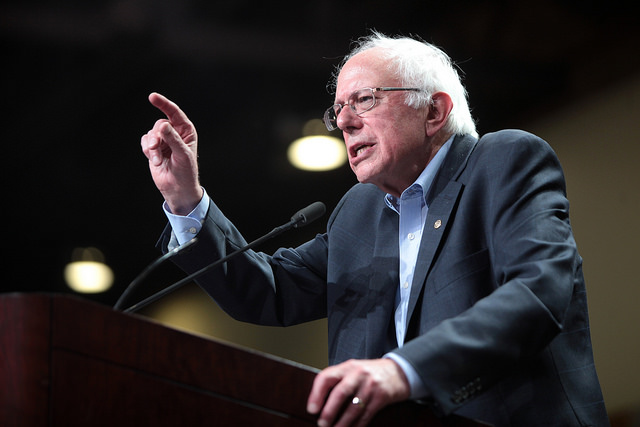
I recently gave a presentation to students about foreign aid in the developing world. I tried to explain that many are coming to the conclusion that what is really necessary is to establish conditions suitable for a market-based society.
In other words, there must be a transparent administration of justice, the predictable rule of law, private property rights, ease in doing business, a real lack of arbitrariness, etc. Both as I prepared and as I spoke, however, I realized that some students would surely be thinking, “Why is he conceding so much to capitalism? What about socialism?”
Given that those thoughts exist, I made clear something that is maybe not adequately realized: Socialism is dead. We need to understand that socialism as socialism is dead.
I am defining socialism by its true meaning, which is that the state owns the means of production and operates them on behalf of the people. Are there vestiges of such systems? Yes. See Venezuela, Cuba, and North Korea. But all three are likely to move away from such clunky arrangements, if only out of necessity.
“But Bernie Sanders is popular!” He is, indeed. In fact, he is popular with young people. Aren’t they the future? Bernie Sanders is himself evidence of the death of orthodox socialism.
His general proposal is not for the United States government to take ownership of all productive entities and then to run them for the greater social good. Whether he says so or not, he has the sense to know that taking the project so fully in hand is a recipe for disaster. Owning and running things is a huge headache for would-be socialists. When things don’t work, when the goods aren’t delivered, when services are strictly rationed, the public becomes restless and perhaps even throws off the chains of (ironically) socialism.
No. The reality is that Bernie Sanders and today’s other “socialists” are actually proponents of market society. They are quite content for the mavens of Silicon Valley and other producers to generate wealth, goods, and services for the nation with seeming effortlessness. Rather, they simply have a greater ambition for the state than for it to play the role of referee or umpire. Instead, they realize that applying redistributive approaches to a capitalist society may well achieve those dreams which the ineffective structures of socialism were never able to manage.
Make no mistake. Socialism is dead. The only real debate on offer has to do with how market society works and how large the government’s role is in relation to it.
In that sense, Friedman and Hayek vanquished their foes. The current debate takes place largely on the table they set.

